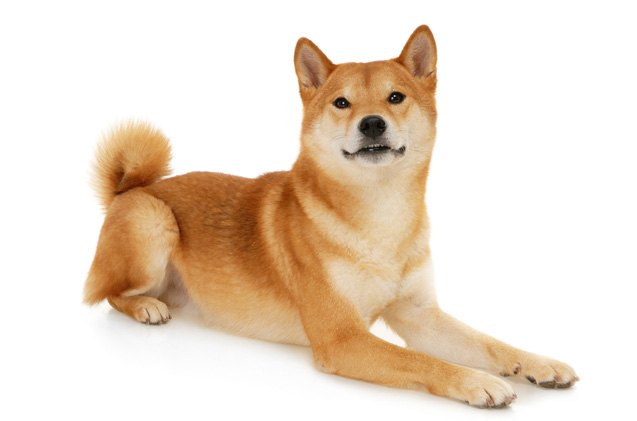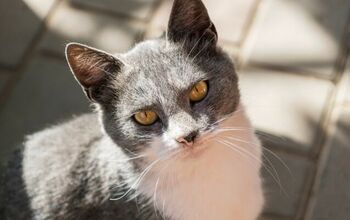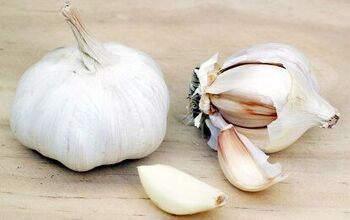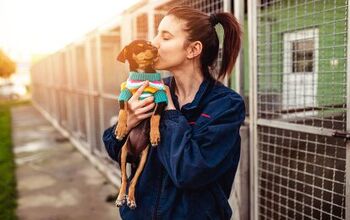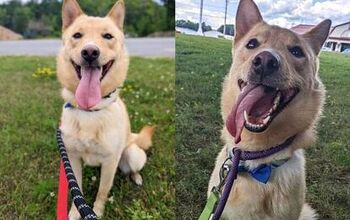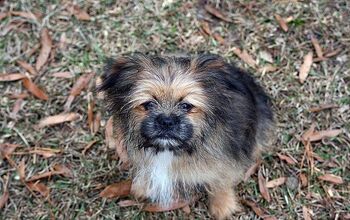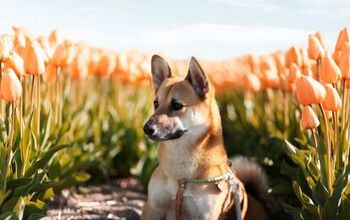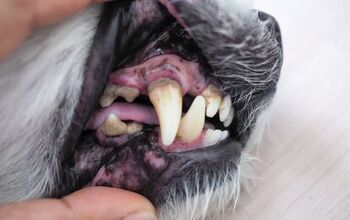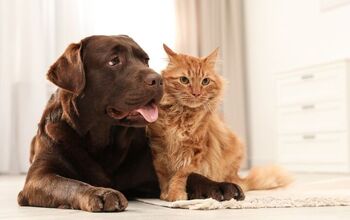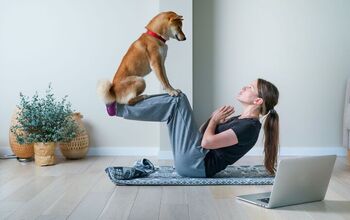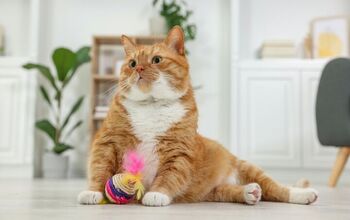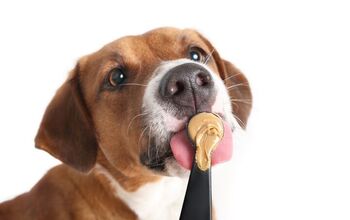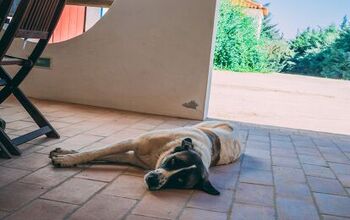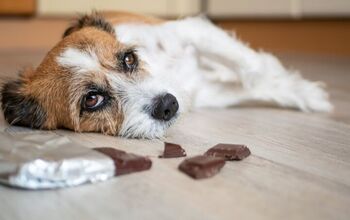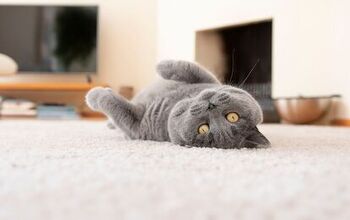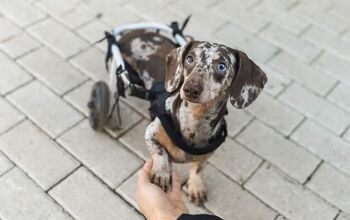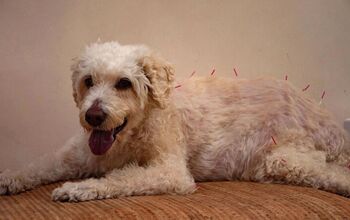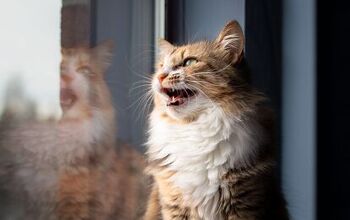Shiba Inu


About Shiba Inu
Native to Japan – and the smallest of the dogs that can make that claim – the Shiba Inu is one of the great “pound-for-pound” breeds across the entire world. Courageous, generally friendly and responsive to training, the Shiba Inu can be a determined and happy companion that enjoys a good variety of terrain and can handle plenty of exercise. If you’re considering the Shiba Inu as a pet for your family, you’ll be encouraged to know that it gets along with children, other pets, and is not an overtly aggressive dog.
There’s a lot that goes into developing a breed like this, and the Shiba Inu’s history tells us all about its modern form. Although a bit stubborn at times, like many confident dogs, the Shiba Inu will be happy to enjoy your company and can be considered a dog that is versatile in terms of play, exercise, and social skills. And considering it is a relatively small dog, the Shiba Inu also has the advantage of not scaring off any neighbors! Here is an overall profile of this Japanese breed.
Courageous, generally friendly and responsive to training, the Shiba Inu can be a determined and happy companion.
As already stated, the Shiba Inu is native to Japan, which is a rare quality, and is actually the smallest of the breeds that can say so. Shiba Inus were used over the years to explore and hunt through the terrain and thick brush that marks so much of the Japanese island, giving it a ready-made confidence when it enters this kind of brush anywhere you take it. In fact, the word Shiba in Japanese refers to brushwood, and since Inu means dog, you get the idea where the Shiba Inu got its name.
Throughout its history, the Shiba Inu has made a good companion dog for hunting, which is interesting considering the typical hunting dogs most westerners are accustomed to, the breed is actually relatively small. But because of its instincts, its confidence, and its willingness to explore difficult terrain, the Shiba Inu has earned a reputation amongst the Japanese as an excellent hunting dog indeed.
While the Shiba Inu was devastated by the effects of World War II, it has since rebounded and been developed into the breed we now know today.
We know that the Shiba Inu was bred, despite its small stature, to be able to hunt a variety of animals, including bear and boar, as unlikely as the prospect might seem. Because this dog is smaller, it is able to navigate the brushwood from which it takes its name, and it’s only assumed that the breed comes from similarly small ancestors who were also ideal for this type of terrain.
Today’s Shiba Inu have a strong pedigree because of the re-ascension of the breed in Japan as well as across the world. It is one of the most popular breeds in all of Japan and is growing in numbers across the western world as well.
The Shiba Inu’s diet is not uncommon, despite its hailing from a country known for its unique cuisine. Like many dogs, he will be especially attracted to meats and it loves good, whole ingredients. Feeding the Shiba Inu scraps can be a bad idea as it is relatively small and can be a little prone to putting on extra weight.
The Shiba Inu will be happy to enjoy your company and can be considered a dog that is versatile in terms of play, exercise, and social skills.
Considered highly trainable and easier to housebreak, you won’t find many troubles with the Shiba Inu. It can be stubborn at times, because of its confidence and strong instincts, but if you demonstrate that you’re the pack leader, there should be no problems keeping your dog on a strict discipline program.
Weighing around 17-23 pounds, the Shiba Inu is the smallest native breed in Japan, and will use its small stature for extra navigation skills around your house. He’ll will be good at getting around obstacles even when you think it’s too big for them.
A strong and confident personality sometimes makes for stubbornness, but a genuine openness to discipline and a friendly disposition easily override those qualities in the Shiba Inu. You’ll find it makes an ideal house pet as it is friendly with children and other pets, giving it a flexibility that even some other friendly dogs don’t quite possess.
The most common health problems of the Shiba Inu relate to joint problems, which is not rare for dogs but a little unusual for dogs of its size. You might even notice kneecap problems in this dog, not a common problem in other dogs.
A solid, long life can be expected at around 12-15 years, depending on a number of factors.
Though small, the Shiba Inu has a surprising thirst for some forms of exercise and will be able to catch up with you easily if you take it out often. Regular walking should be considered a normal habit, and certainly something you’ll want to get into with any dog. The breed might also want to get away from you at times to explore natural landscapes.
Considered highly trainable and easier to housebreak, you won’t find many troubles with the Shiba Inu.
The American Kennel Club says of this breed: “The Shiba has an independent nature and can be reserved toward strangers but is loyal and affectionate to those who earn his respect.”
A winter-ready coat for the Shiba Inu is one of its distinguishing characteristics. As a double-coated dog, it has plenty of fur. If showing your Shiba Inu, you can be penalized for “messing” too much with the coat, such as keeping it too trim.
Shiba Inu puppies should be housebroken and should be properly socialized to learn that strangers do not have to be scary.
Photo credit: steamroller_blues/Shutterstock

Amy Tokic, Editor of PetGuide.com, is a passionate animal lover and proud pet parent of Oscar, a Shih Tzu/Chihuahua cross, and Zed, a Japanese Chin. Her love of animals began in kindergarten, when she brought her stuffed dog Snoopy into class with her every day. Now, she writes about her adventures in pet ownership and tirelessly researches products, news and health related issues she can share with other animal enthusiasts. In her free time, Amy loves perusing used book and record stores, obsessing over the latest pet products available and chasing squirrels with wild abandon (a habit attributed to spending too much time with her pooches).
More by Amy Tokic



